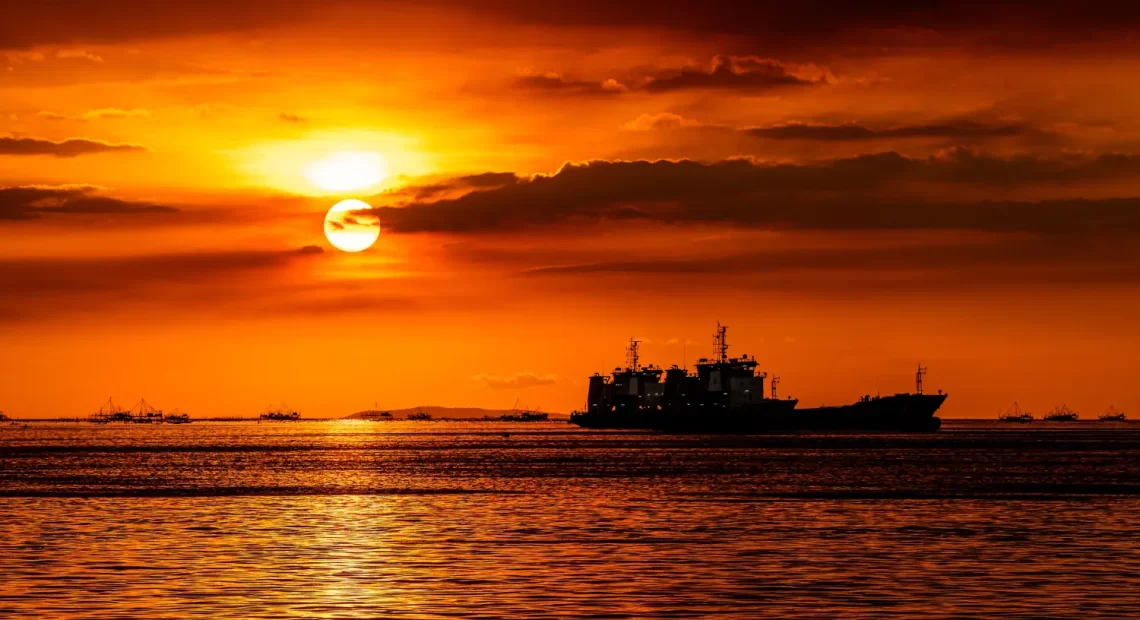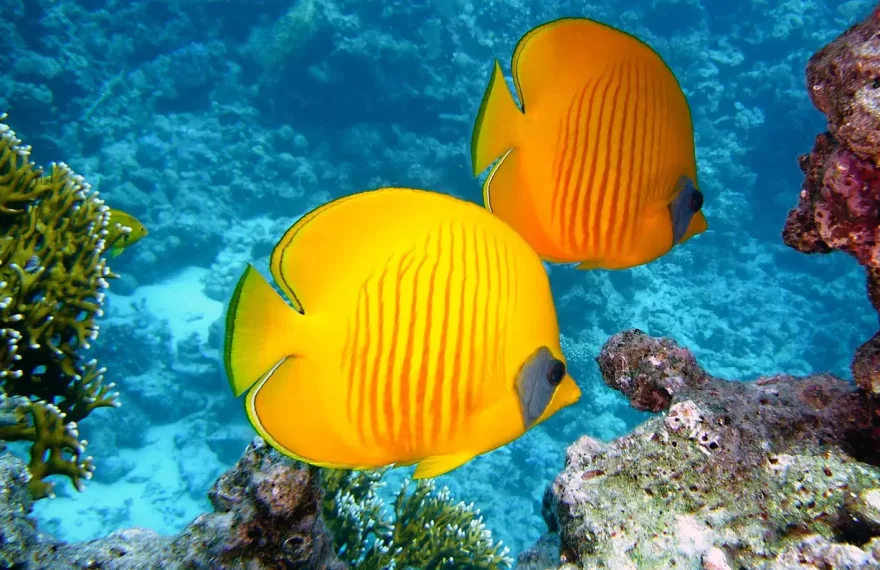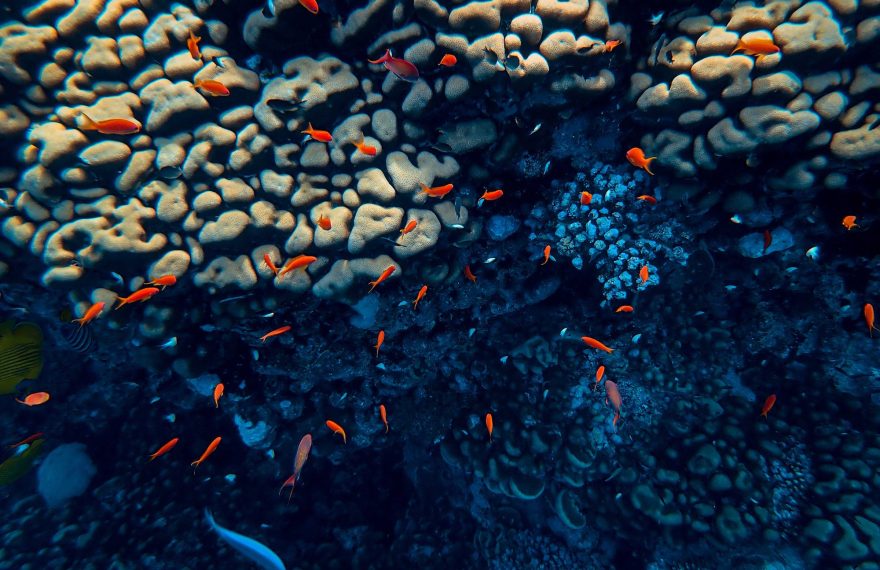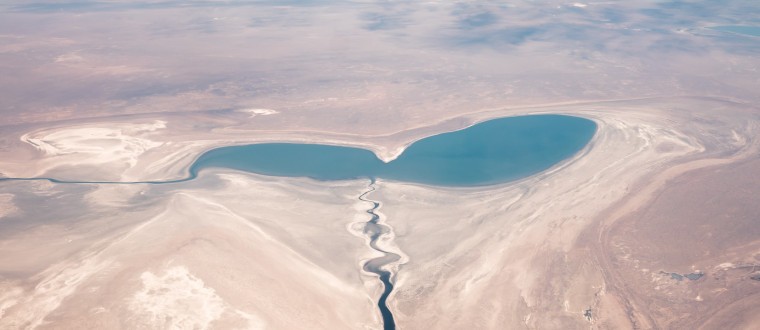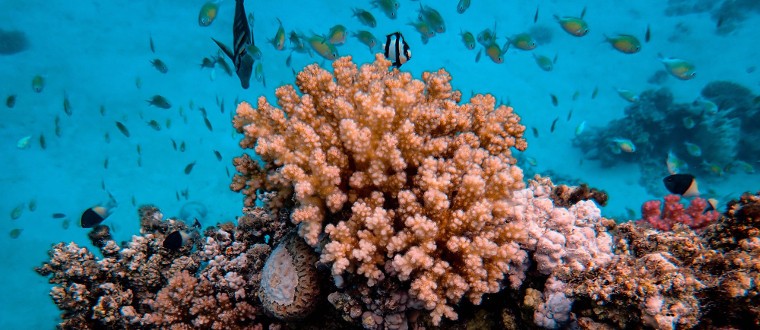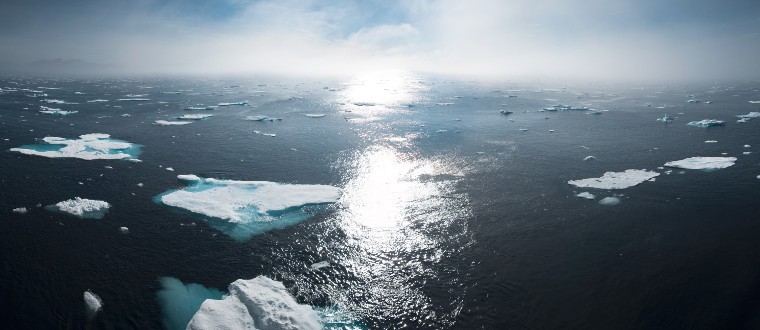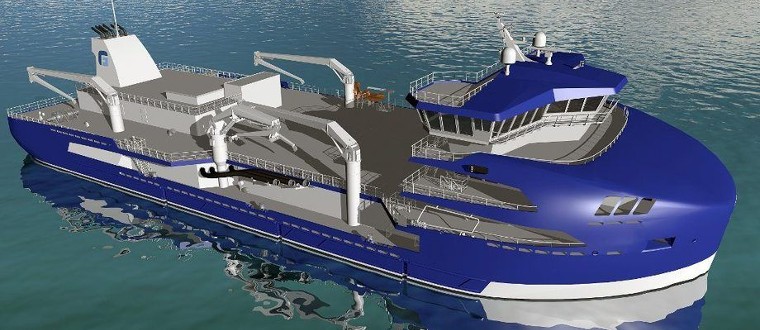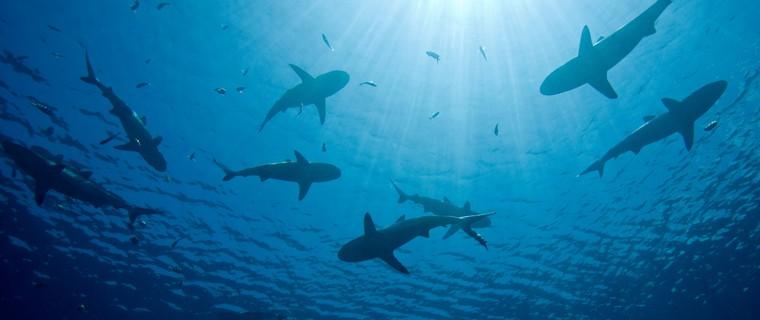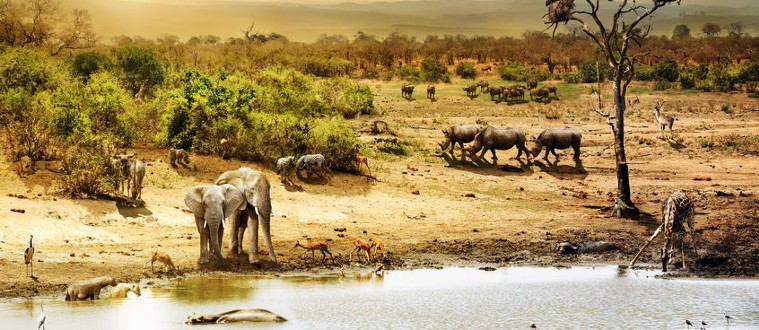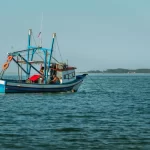Greetings, ocean enthusiasts! As we embark on a voyage through the depths, we find ourselves immersed in a less-discussed but critical topic —marine noise pollution. In this aquatic odyssey, we’ll dive into the world of underwater sounds and unravel the profound effects of ship-generated
Introduction Beneath the shimmering surface of the world’s oceans lies a breath-taking realm teeming with life, where intricate ecosystems interweave in a delicate balance. Marine biodiversity, with its kaleidoscope of vibrant creatures and habitats, holds the key to the health and resilience of our planet. From microscopic organisms to magnificent cetaceans, each
The world’s oceans are vast, complex, and full of life. Marine ecosystems are home to a wide range of species, from tiny plankton to massive whales, and play a crucial role in regulating the Earth’s climate and supporting human livelihoods. However, understanding these ecosystems and the complex relationships between different species can be challenging, and
Located between Kazakhstan and Uzbekistan, the Aral Sea is an endorheic lake that was once the fourth largest lake in the world covering an area of over 68,000 square kilometres and containing 10 grams of salt per liter.
The third largest river in the world and the most sacred river in Hinduism has now become one of the filthiest. After all, this is where 400 million people living near it dump their waste.
The last 30 years has seen the death of 50% of the world’s coral reefs and up to 90% may die in the next century including 29 reefs with World Heritage sites.
None of us were prepared for what climate change would bring to the world. More than 7,000 years ago, the last ice age ended abruptly signaling the beginning of the modern climate era.
Together with Frøy Rederi and Møre Maritime, Cflow has designed a new and innovative wellboat concept with several new solutions for the future aquaculture industry. The concept’s primary focus over several years has been maximum fish welfare for a future-oriented and sustainable industry.
This effort is in line with the country’s goal to reduce litter, which can be dangerous to marine life since garbage and other plastic materials may be mistaken for food.
Over the past 40 years, the Earth has already lost half of its wildlife, according to WWF. The planet is in the midst of a 6th mass extinction. But what makes this one worse than the previous 5 mass extinction is that the rate is becoming comparable if not rapid. The growing human population and their increasing demand for resources has cost the lives of tens of thousands

